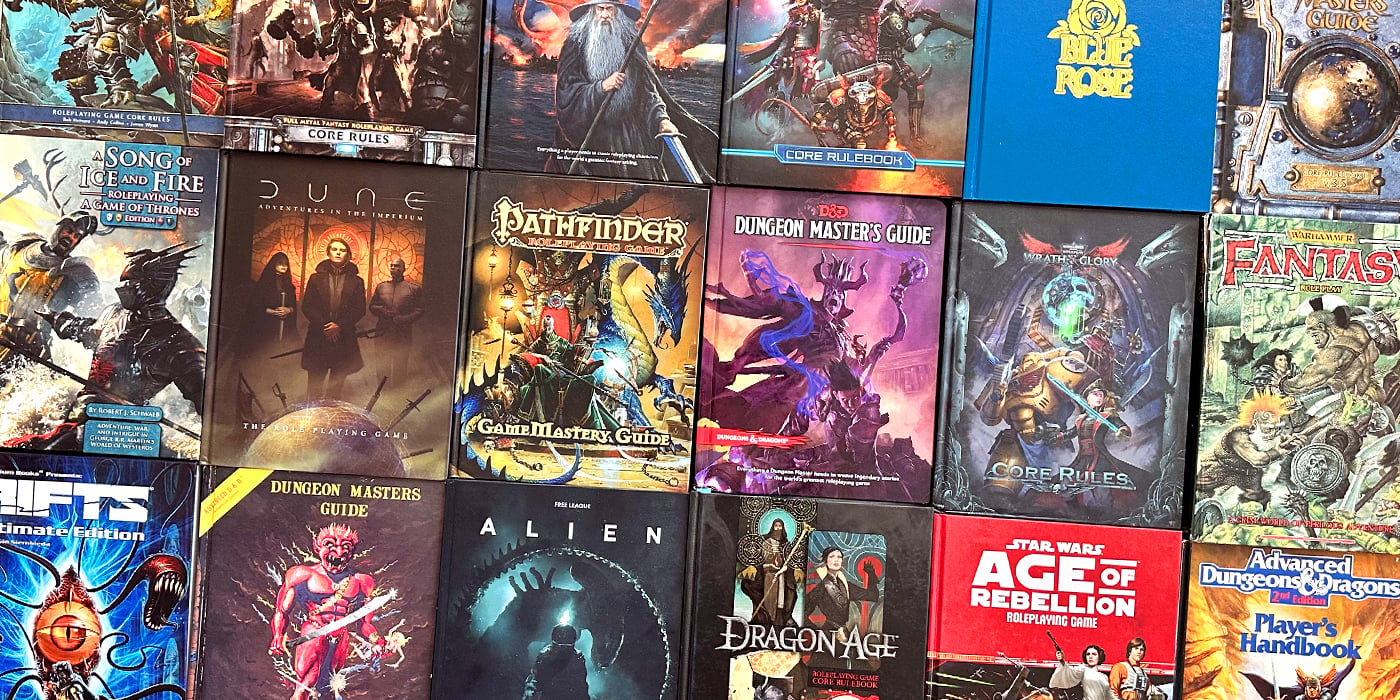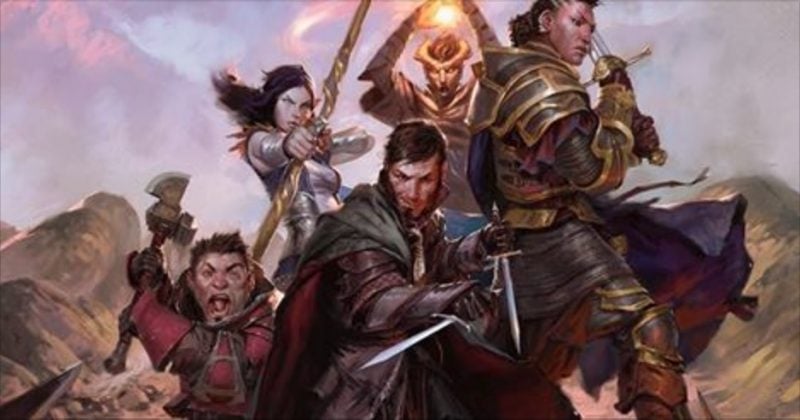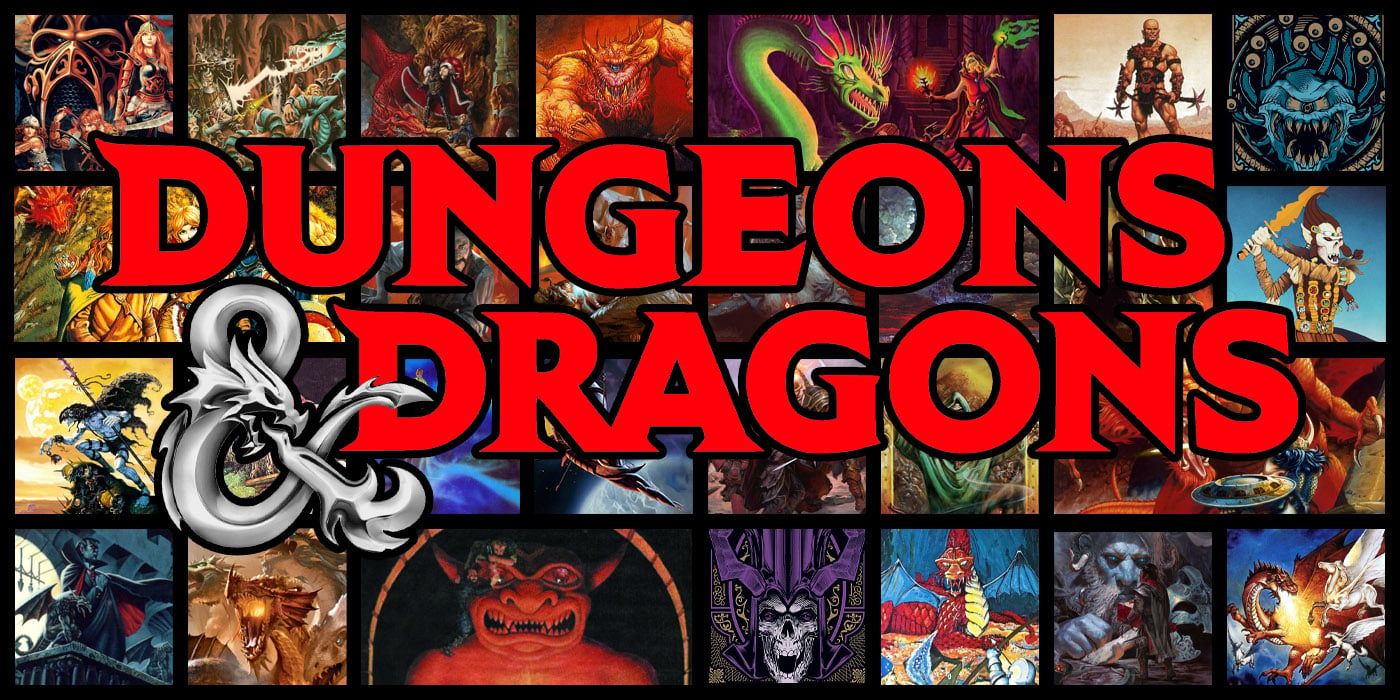RPG: Your Character Wouldn’t, But What If They Did?


Today we take a look at what happens if your character does the thing they said they wouldn’t?
There comes a time around every table when you hear the following: “well sure, but that’s not what my character would do,” and then the game sort of derails for a little while and becomes a game of figure out how to get the dissenter to go along with the adventure. Which–don’t get me wrong, can be a great source of inter-party conflict, or can lead to some of the more hilarious moments around the table. But more often than not, it just bogs down the game worse than the time your uncle decided to “just say” something at Thanksgiving.
“LET ME TELL YOU WHAT I REALLY THINK ABOUT THAC0…”
And I don’t mean to dis roleplaying or anything like that. I am all about immersion in the characters you’re playing as well as the world of the game, and sure, it’s hard to justify something like a Paladin breaking into a temple and murdering a bunch of orphans (if those are the situations that come up, then, you probably have more problems than this article can help with). But I’m not talking about those extreme examples. I’m talking about times when the adventure is right there. When it comes down to your virtuous character helping the thief steal from the temple. Or trying to stop a bunch of marauding bandits when your mercenary (who does NOT have a secret heart of gold) hasn’t been paid. Or assaulting a wizard’s tower when your character thinks that doing so is folly.
These are all situations where it’s easy to say, “nah, I wouldn’t do that,” and then let everyone else worry about what to do from there. We’re all guilty of it. Well, I’m guilty of it, and I’m attempting to assuage my guilt by diffusing some of it through you–which I’ve been assured is a healthy way of dealing with problems, but the point is that making a statement like that and then derailing the game is kind of against the whole reason you’re there in the first place.
I came here to–ooh hey bubble gum…
Because in the end, you’re all there to play a game together.* And that’s hard to do when you’re finding ways to resist actually playing the game. And sure, the GM should be providing you with motivation for going along–but it also falls on you to decide to take the bait. Around my table we call it throwing ourselves on the plot grenade.
And it’s led to some of the more memorable moments around the table. It’s easy to think of situations where your character doesn’t have a clear motivation to do something, or worse, has clear motivation to not do something–“guys, there’s no way ‘disguising ourselves as undead’ is going to work when we try to sneak into the necromancer’s lair”–as a conflict that somehow takes something away from your character if you go along with it.
But it doesn’t have to be that way. Quite the opposite–sometimes getting your character into situations they’d never ordinarily be in can help you learn so much more about who they are. It all comes down to a principle called “jump then justify.” Take our virtuous character–which, let’s be honest, is a paladin. It’s always a paladin. Sure you could just distract the paladin and get him out of the room while the shady stuff is going down…
…but you could also just jump ahead a little. Skip to the part where they’ve already agreed, then work backwards to figure out why they decided to go along. Maybe they wanted to try and make sure the Thief only steals what was necessary from the temple. Or maybe they went along to try and talk the thief out of the crime. Or maybe there’s a rumor about the temple they want to clarify–or maybe it turns out the Paladin enjoys living just a little dangerously.
The point is, you can use opportunities like these as a way to discover something. The Paladin might learn that the Thief isn’t all bad. Maybe there’s a secret heart of gold in the Thief–or speaking of a heart of gold. Maybe the Mercenary (who has agreed to help without pay, for some reason) learns to care a little more. Or finds opportunities to remind the party of how much they could’ve been making with every fight. Either way, the characters are still getting to be themselves and getting to contribute to both the adventure, and to the roleplaying, without even necessarily changing who they are.
Sometimes you just give Morgan Freeman a chance to talk some more, and who wouldn’t want that? Or, I guess to have his faith rewarded.
At any rate, these are just a few things to keep in mind the next time you find yourself in a situation where you think, “hang on, my character wouldn’t do that.” Try diving in, and seeing what you can learn–if nothing else, there’s always the XP.
What’s your favorite way of motivating your character? Got any other tips for keeping the game moving like this? Let us know!









